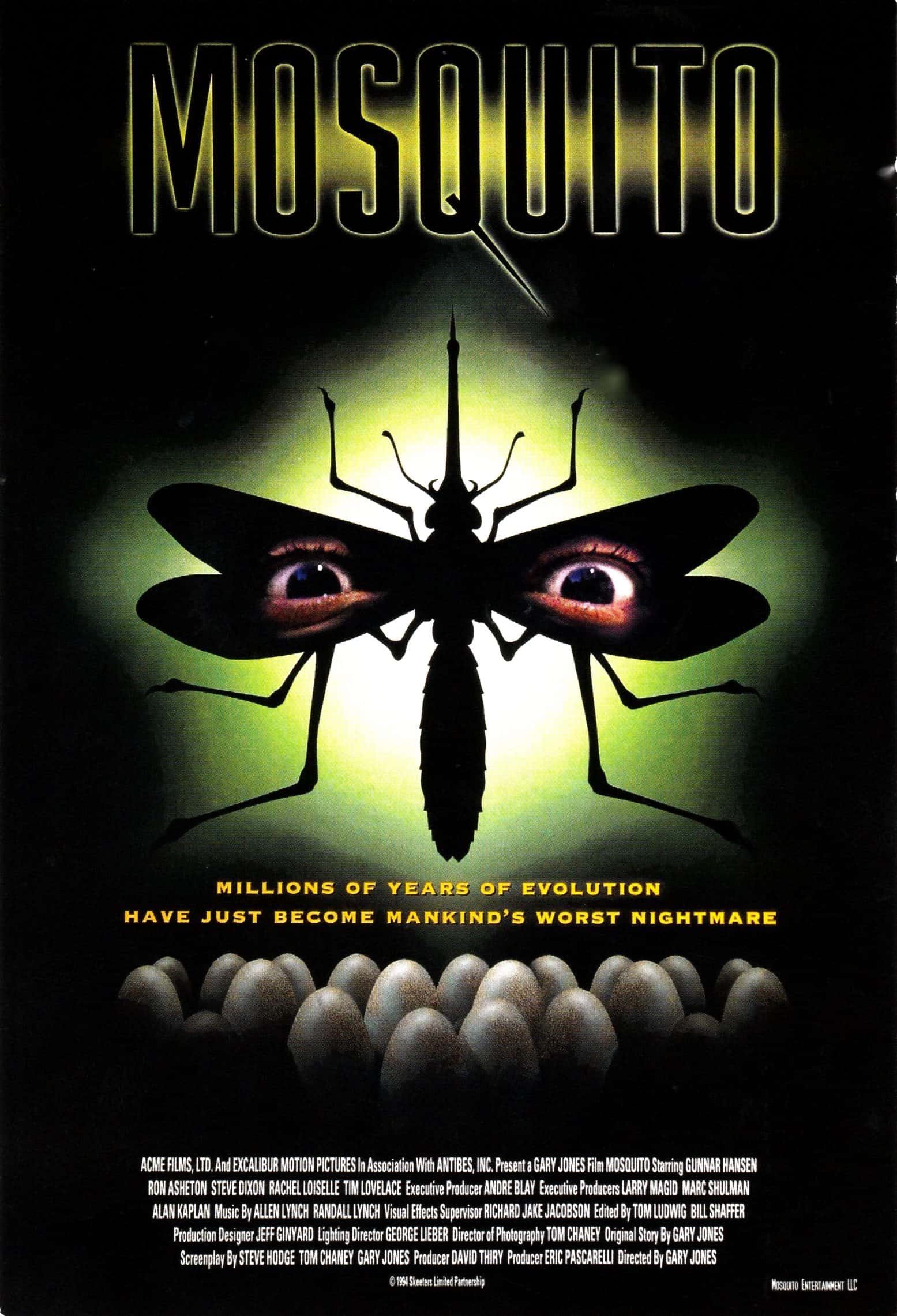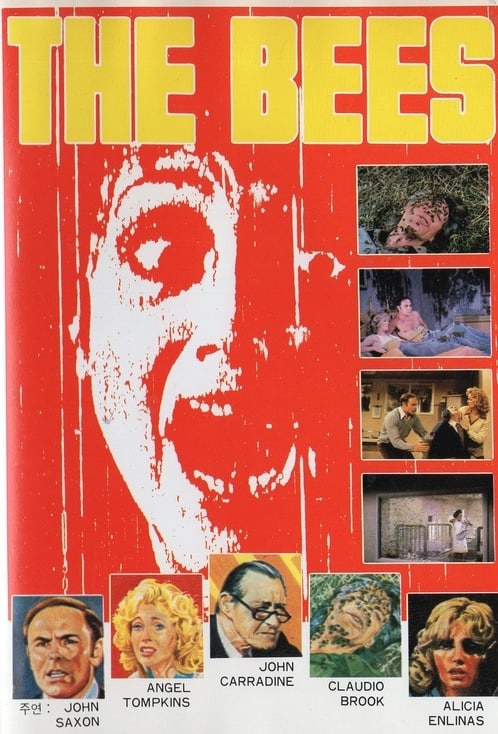Insect Myths on the Big Screen
Insect Myths on the Big Screen
Hollywood has its fair share of horror movies centered around arthropod-antagonists. In a recent article published by the Smithsonian Institution, head entomologist May Berenbaum of the University of Illinois breaks down the misconceptions in some of these films.
Mosquito (1995)
This film explores the fictional possibilities of an encounter between mosquitos and the blood of aliens who’s ship crash-landed on earth. Following their consumption of the extraterrestrial blood, the mosquitos instantly mutate to about 3-foot-long in length. The now monstrous bloodsuckers quickly begin wreaking havoc on local populations as people struggle to fight back.
As interesting as this concept may be, Berenbaum explains that even a particularly nutrient dense blood meal most likely could not “cause an exponential increase in size.” Although she was careful to withhold certainty due to the fact that ‘alien blood’ is something completely unknown at this time.

The Bees (1978)
In this horror film, a team of scientists scramble to stop the spread of an emerging species of highly deadly bees. Spoiler alert! …in order to finally defeat the bees, the scientists developed a translation system for interpreting the communications between the bees. While this seems wholly fictional, it is actually based in some truth.
Honeybees communicate with one another using a physical movement known as the “waggle dance.” While the term may sound ridiculous and fun, waggle dances are very serious for these bees. Using these movements, scout-bees are able to communicate all of the information they observe about new potential nesting sites and sources of food, including directions to their locations. This form of communication is very impressive and complex, but while real-world scientists have been able to somewhat decode the waggle dances, entomologists including Berenbaum explain that “sentence-for-sentence translation” is not something that these dances are currently capable of.

Monster from Green Hell (1958)
This film from the 50’s also focused on the potential carnage that can be left in the wake of mutated stinging pests. After exposing a colony of wasps to a significant amount of radiation in outer space, the insects escape into the African jungle where the protagonists attempt to hunt down the oversized stingers.
In response to the film, Berenbaum said that, “the biological attribute that I like best about these giant wasps is that they indeed did have compound eyes, like wasps do, but the compound eyes rolled in their sockets, which compound eyes don’t do.” Once again, the entomologist also stressed the unlikelihood of such a dramatic mutation in insects in such a short period of time.
But while they may not be scientifically accurate, these concepts sure do make some fun horror movies.

Citations
Honeybees Can Teach Us About Democracy (2012) YouTube. SciShow. Available at: https://www.youtube.com/watch?v=abk-advcClw&list=PLB3FCEEAC84884760&index=51 (Accessed: May 2020).
Wyckoff, W. (2014) Scream Queen: An Entomologist Dispels the Myths in Insect Horror Flicks, Smithsonian Magazine. The Smithsonian Institution. Available at: https://www.smithsonianmag.com/science-nature/scream-queen-entomologist-dispels-myths-insect-horror-flicks-180950127/ (Accessed: February 16, 2021).
Odor is an Early Sign of Rodents, Here’s Why
Odor is an Early Sign of Rodents, Here’s Why Odor is an Early Sign of Rodents, Here’s Why Summary: Rodent odors are often [...]
Pest Prevention Tips for Snowy Days
Pest Prevention Tips for Snowy Days Pest Prevention Tips for Snowy Days Summary: Snowy weather pushes pests to seek warmth and shelter indoors, [...]
How Do Ants Spend Winter? What Homeowners Should Know About Ants in Winter
How Do Ants Spend Winter? What Homeowners Should Know About Ants in Winter How Do Ants Spend Winter? What Homeowners Should Know About Ants in [...]
Termites Are Awful Winter Pests – Here’s Why
Termites Are Awful Winter Pests – Here’s Why Termites Are Awful Winter Pests – Here’s Why Summary: Termites can remain active through winter [...]
How to Maintain a Pest-Free Kitchen for the Holidays
How to Maintain a Pest-Free Kitchen for the Holidays How to Maintain a Pest-Free Kitchen for the Holidays Summary: This blog educates homeowners [...]
Pests That Invade Packages & Boxes: How to Prevent Hidden Infestations
Pests That Invade Packages & Boxes: How to Prevent Hidden Infestations Pests That Invade Packages & Boxes: How to Prevent Hidden Infestations Summary: [...]

